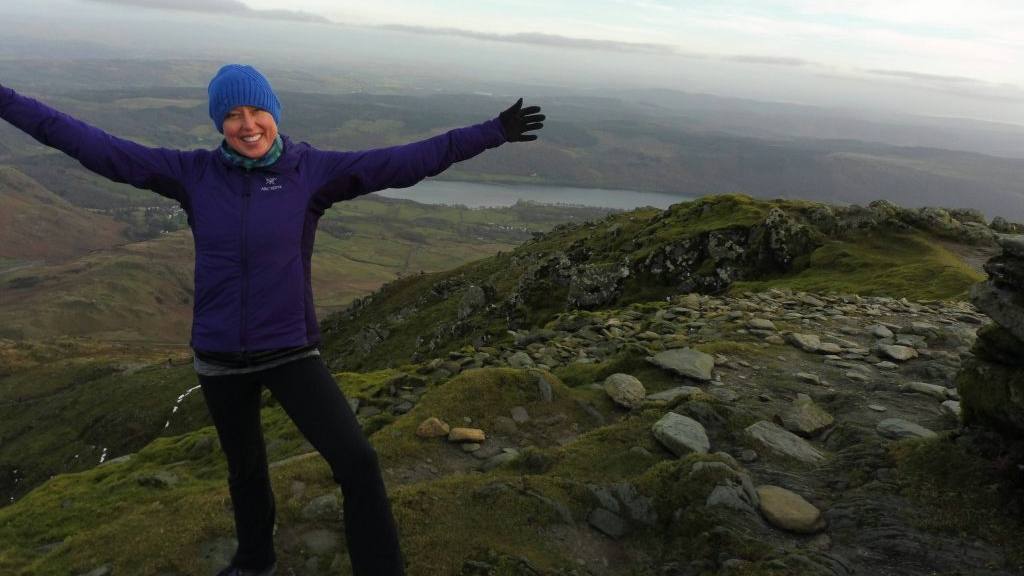-
Cancer
Whole-person care at Integrative Medicine and Health practice
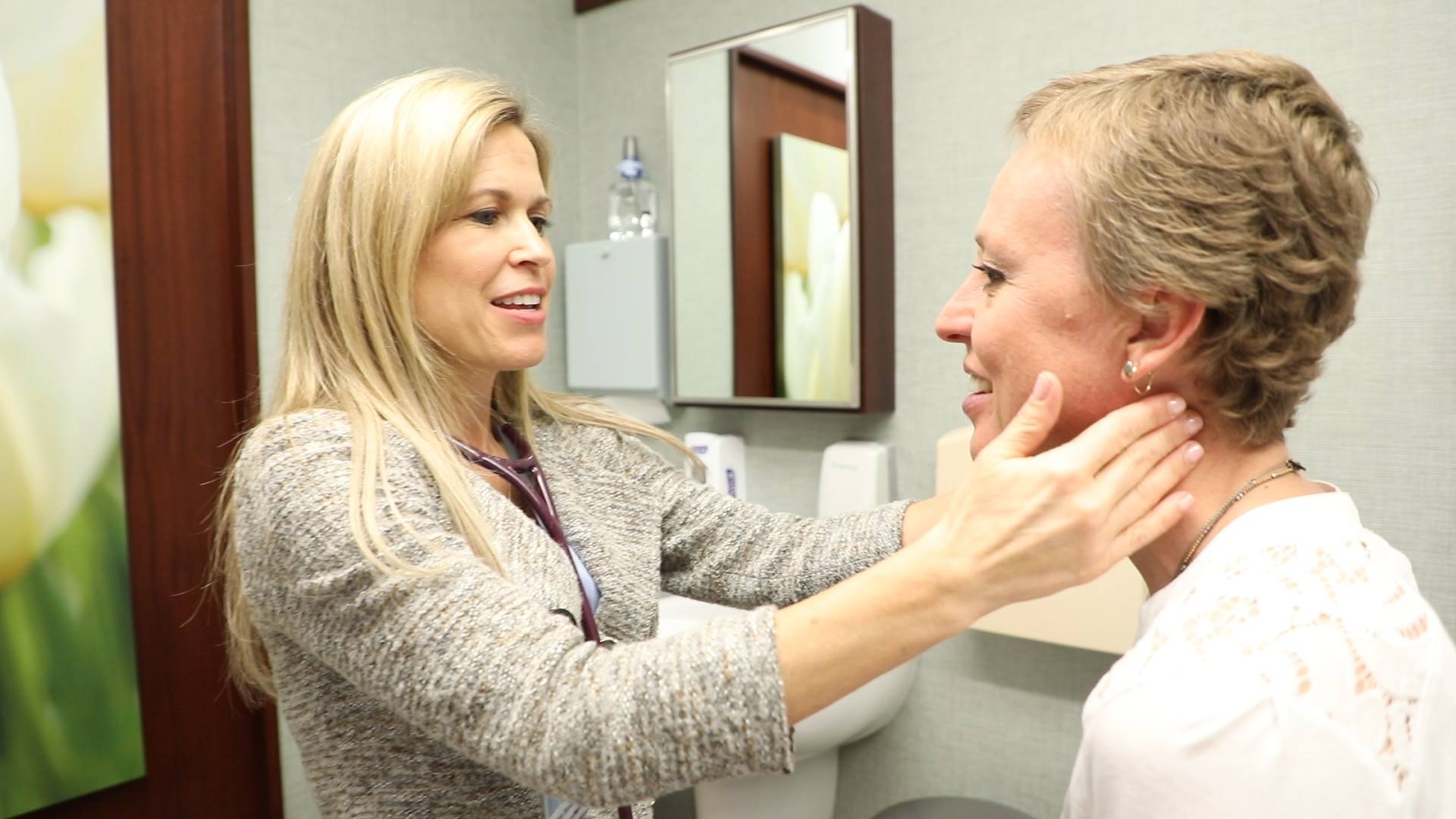
According to the National Center for Complementary and Integrative Health, a part of the National Institutes of Health, Americans spend about $30.2 billion yearly out of pocket on complementary health products and practices. Almost half consist of visits to practitioners, such as acupuncturists and massage therapists.
“There is increasing research on the value of complementary and integrative medicine. We know, for instance, that exercise, weight loss and limited alcohol consumption can significantly reduce the recurrence of cancer,” says Dr. Dawn Mussallem, medical director for the Integrative Medicine and Health practice at Mayo Clinic's Florida campus.
Dr. Mussallem is a cancer survivor herself. She knows all too well the chaos and fear that accompanies a cancer diagnosis and treatment, so she says she’s excited by the increasing interest in integrative medicine, which brings together services to support patients’ physical, emotional, mental and spiritual well-being.
Watch: Dr. Mussallem discusses Integrative Medicine and Health.
Journalists: Broadcast-quality video with Dr. Mussallem is in the downloads.
“We want to cure disease and prolong survival, but we want our patients to have a good quality of life in the process. Integrative medicine combines evidence-based therapies – like chemotherapy or radiation – with other, alternative therapies, so we can care for the whole person — not just their cancer,” she explains.
Mayo’s Integrative Medicine and Health practice first began in Minnesota before expanding to Arizona and then piloting in Florida in 2017. Initially, the program was limited to patients of the Jacoby Center for Breast Health but will expand in 2018 to all oncology patients.
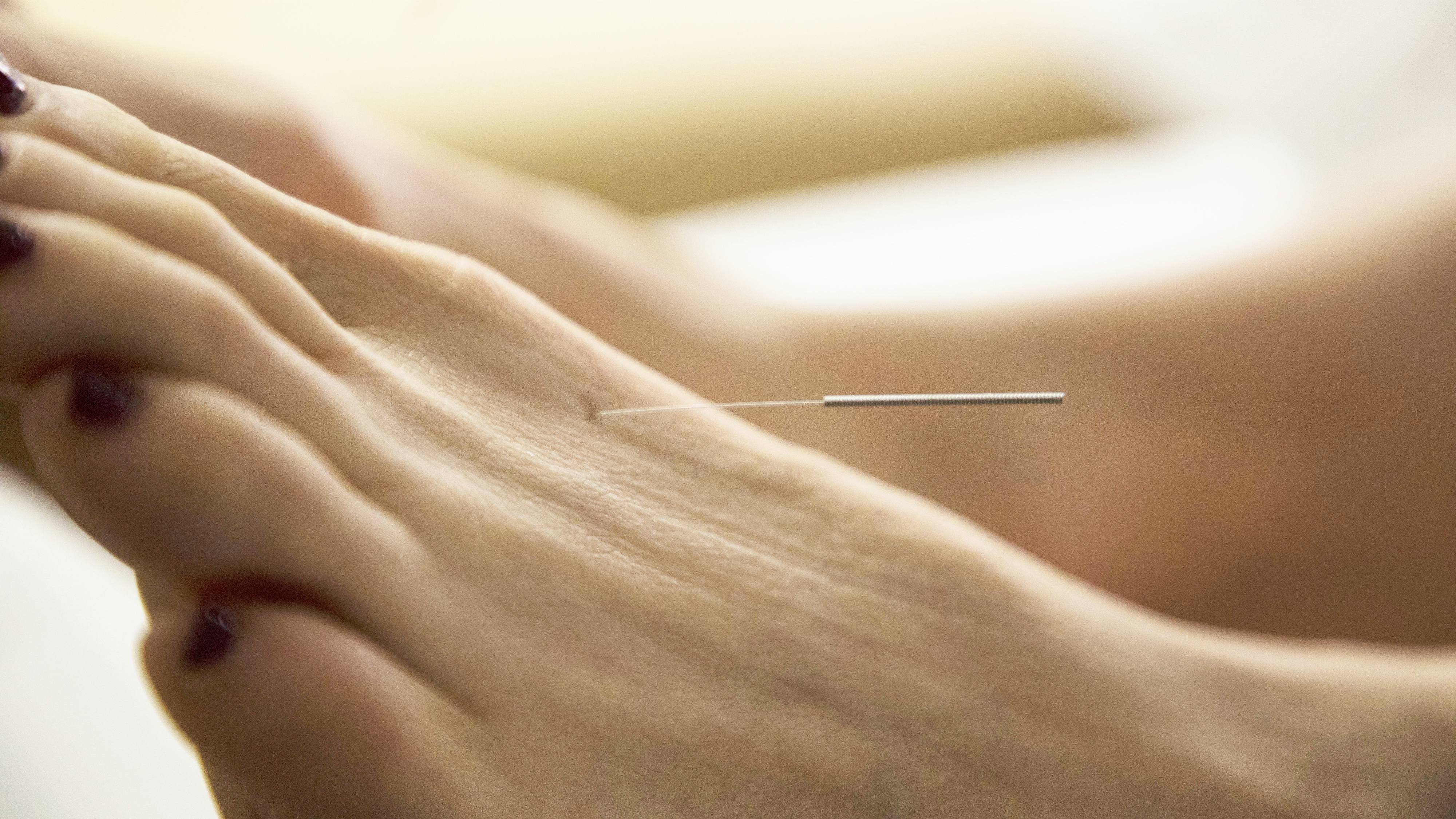 Acupuncture, massage, yoga, resilience training, stress management, animal-assisted therapy and nutrition counseling are among the offerings.
Acupuncture, massage, yoga, resilience training, stress management, animal-assisted therapy and nutrition counseling are among the offerings.
“Feedback to the program – and to having all the modalities available under one roof – has been fantastic,” says Dr. Mussallem.
A recent survey of patients showed those who incorporated integrative services and therapies into their care reported significant improvements before, during and after treatment.
“We also did a short study with hospitalized patients and found those who underwent massage therapy reported a 60 percent improvement in their pain after treatment,” says Dr. Mussallem.
Other patients report being able to better manage medication side effects, pain and even get back to activities sooner.
And having access to nutrition counseling and pharmaceutical experts can provide insight to help patients maximize their treatment. Dr. Mussallem says that many patients don’t realize that certain over-the-counter vitamins and supplements may reduce the effectiveness of certain cancer therapies.
*******************************************************
Whole person care makes breast cancer journey easier
Occupational therapist Jennifer Deaderick moved from California to England in 2014. So her family and friends say they weren’t surprised when two years later, she quit her job to explore Mexico, Central America and Asia.
“The world felt full of possibility,” Jennifer says, remembering the morning of her 40th birthday. “My spirit felt free and my body invincible.”
But just after the New Year's Day 2017, Jennifer felt something on her right breast. She and her significant other, Phil, were in Costa Rica, and she wasn’t too concerned. “I thought it was from my new backpack since one of the straps lay directly across my chest," she says.
But, after a month without improvement, Jennifer and Phil hiked 4 miles roundtrip to a medical clinic. An ultrasound and biopsy were performed, and Jennifer was handed a report – in Spanish. She had breast cancer.
A graduate of Johns Hopkins Bloomberg School of Public Health, Jennifer learned of a breast cancer researcher who still worked at the Baltimore campus. Jennifer’s parents lived in Jacksonville, Florida. So when he recommended an oncologist at Mayo Clinic, Jennifer knew that’s where she was headed. One month after her initial appointment in Costa Rica, she arrived at the Jacoby Center for Breast Health.
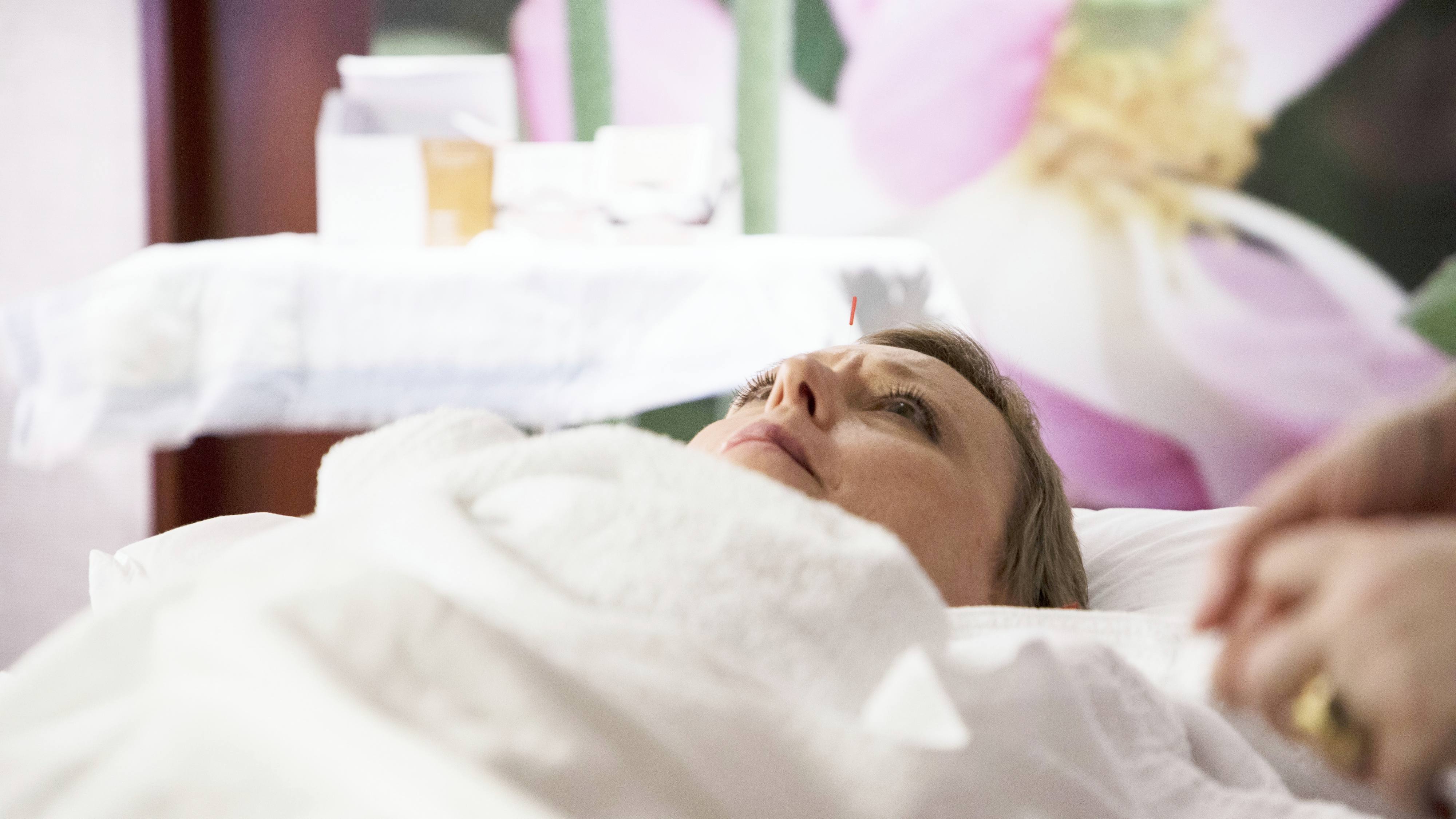 “It was important to me to be in a place that not only had exceptional medical care, but was also open to my desire to integrate holistic, natural healing to my care. I was so thankful to learn Mayo Clinic had a new integrative medicine program that would address me as a person — and not just treat my breast,” says Jennifer.
“It was important to me to be in a place that not only had exceptional medical care, but was also open to my desire to integrate holistic, natural healing to my care. I was so thankful to learn Mayo Clinic had a new integrative medicine program that would address me as a person — and not just treat my breast,” says Jennifer.
With a dedicated team of physicians, she made a treatment plan: bilateral mastectomy, followed by chemotherapy, radiation and, eventually, reconstructive surgery. And, through it all, Jennifer would embrace mindfulness and an array of complimentary modalities.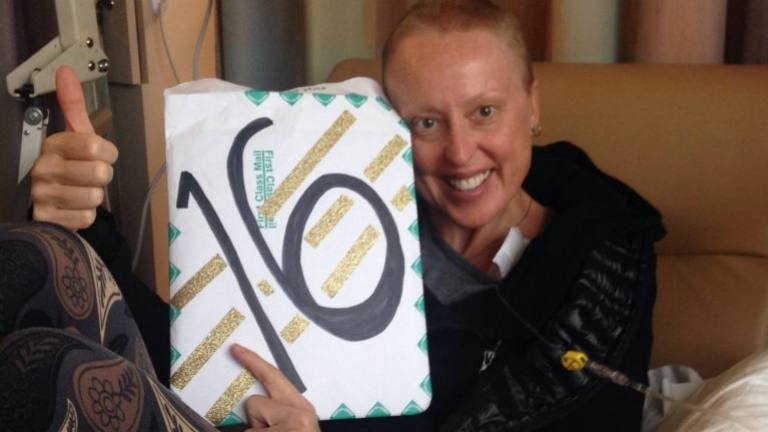 “I have practiced yoga for years, and it has been one of the greatest gifts for helping with post surgical recovery, mental health and chemotherapy side effects,” she adds. Acupuncture also helped with chemotherapy-related nausea and insomnia, while medical massage eased pain and aided in Jennifer regaining range of motion in her shoulders.
“I have practiced yoga for years, and it has been one of the greatest gifts for helping with post surgical recovery, mental health and chemotherapy side effects,” she adds. Acupuncture also helped with chemotherapy-related nausea and insomnia, while medical massage eased pain and aided in Jennifer regaining range of motion in her shoulders.
Before chemotherapy infusions, Jennifer would recite a special mantra. Part of it said: “I am hopeful for the future. I am an indomitable spirit. I am cancer-free and will perservere, I am healing every day in every way.”
